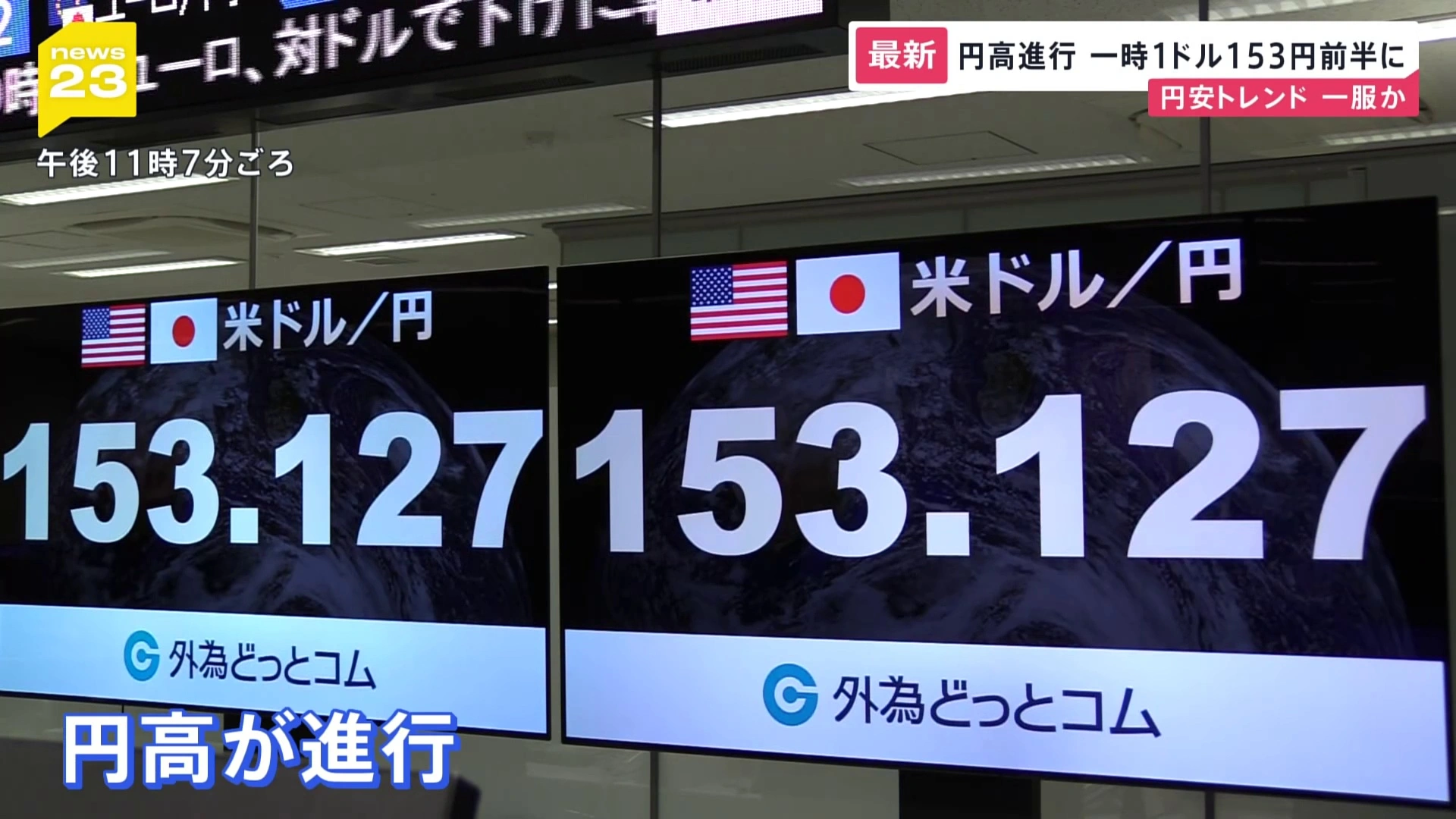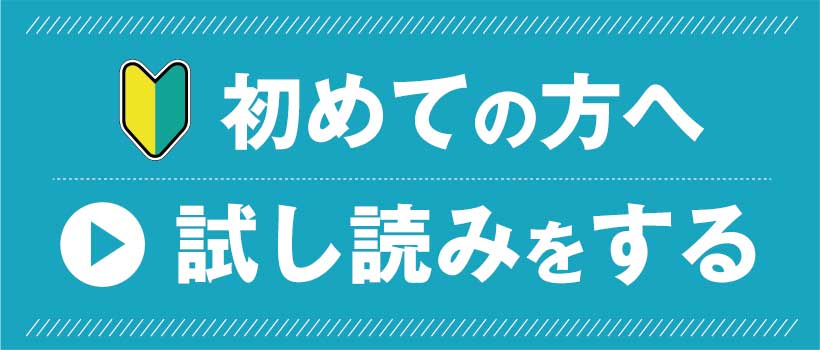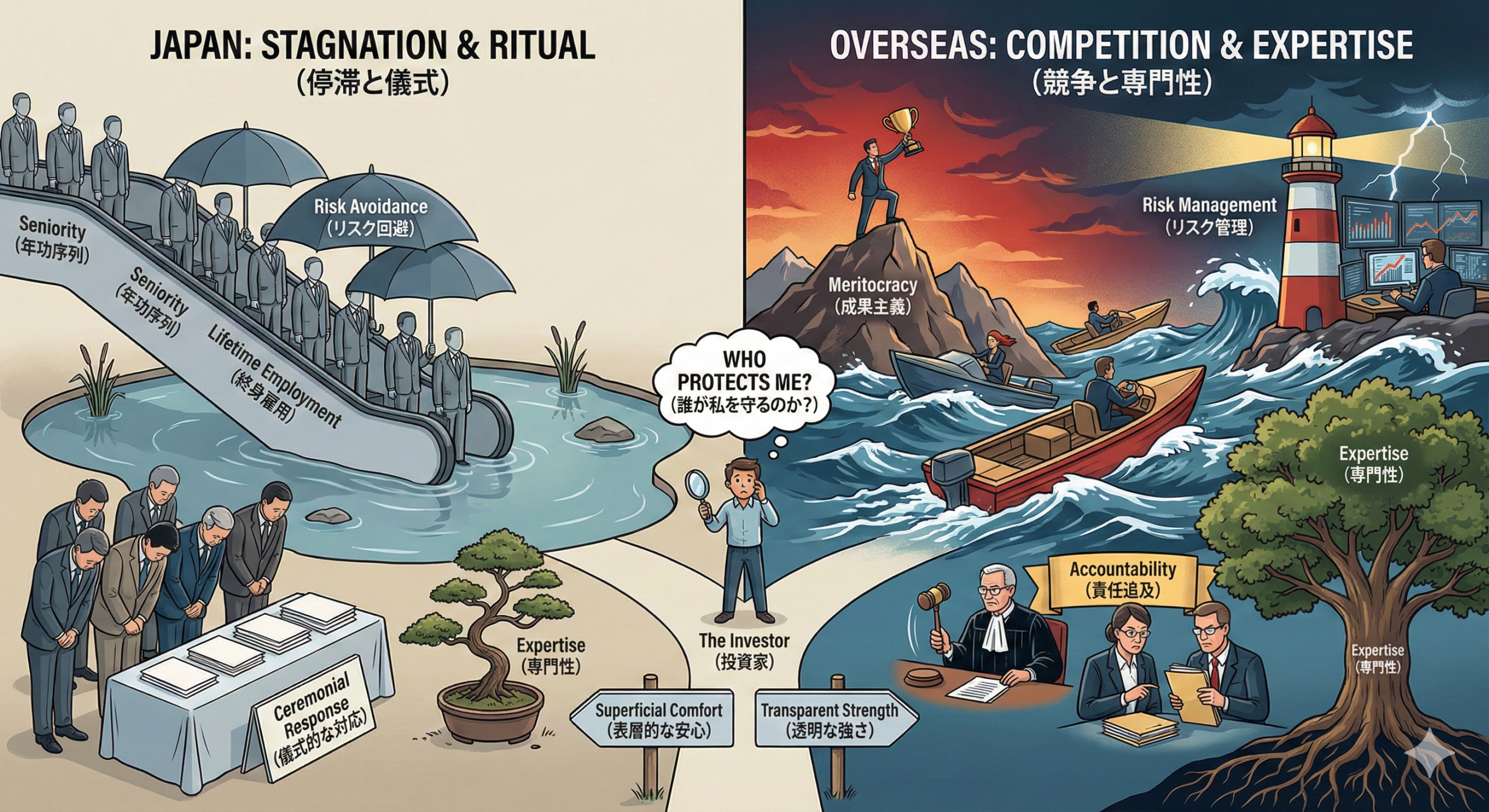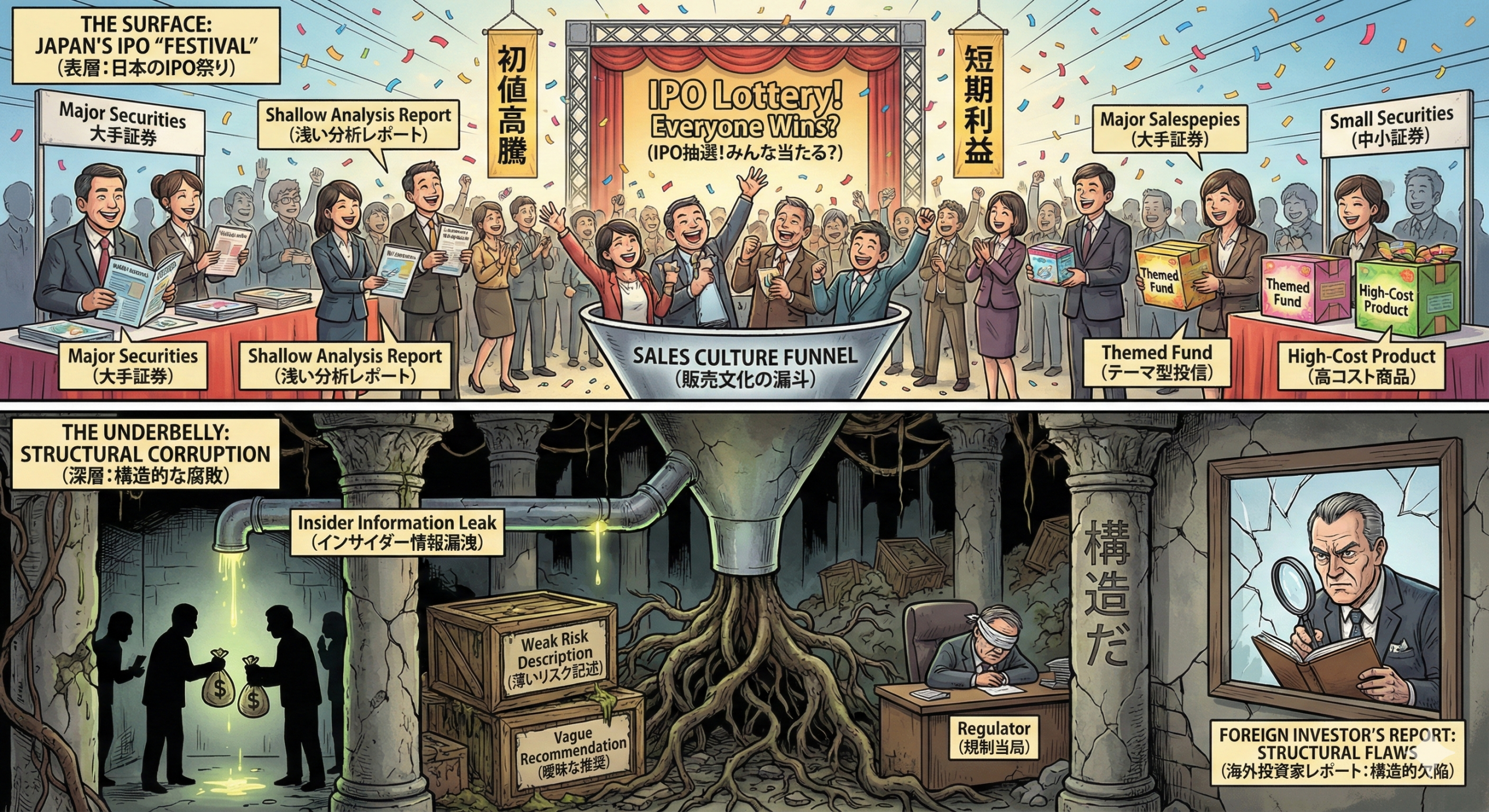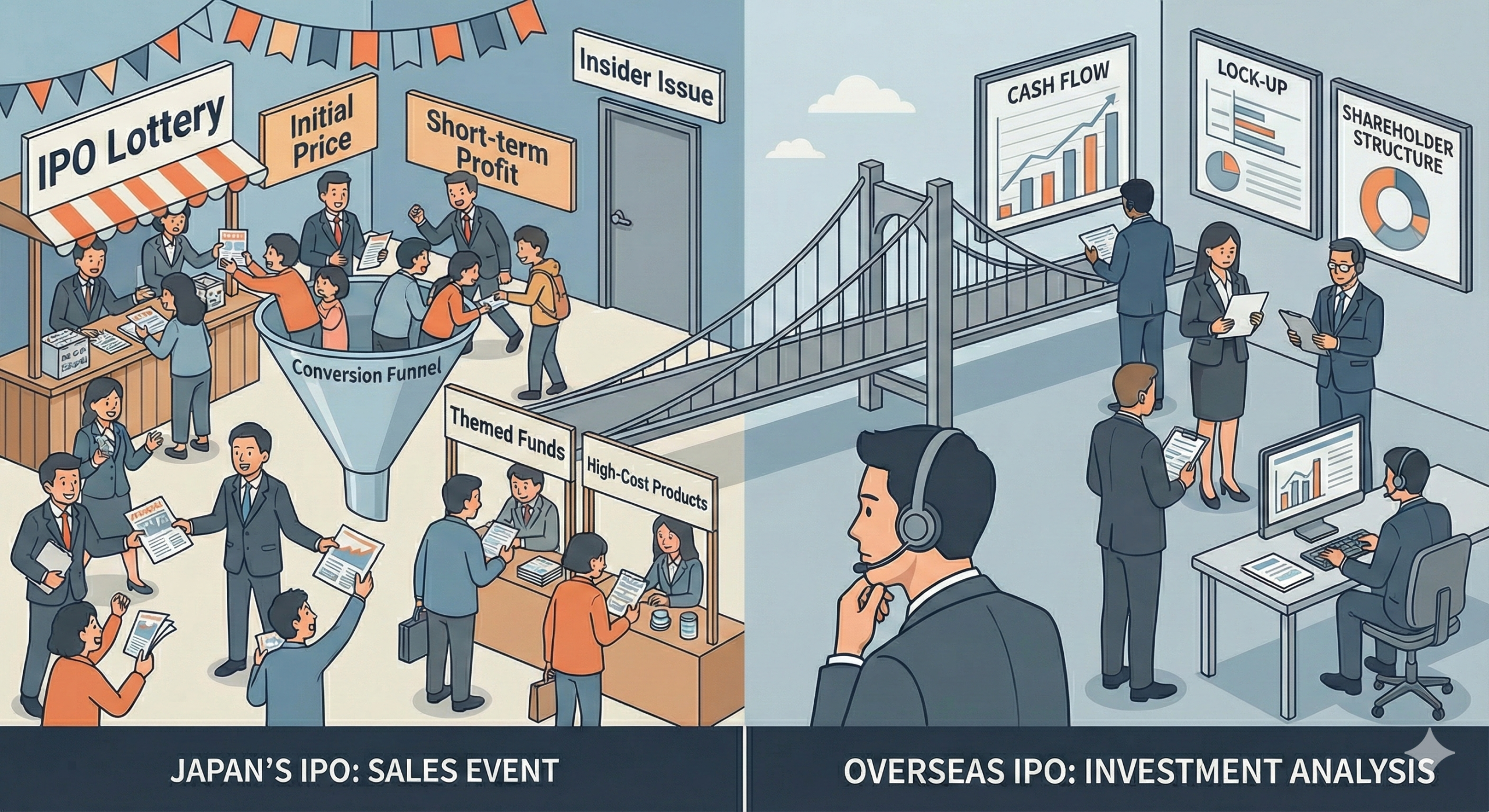※Translated with Notion AI. (Plus version)
The USDJPY exchange rate dropped below the 155 yen mark in the Tokyo market on the 24th, and as of 08:30 on the 25th, it is trading at 153.75 yen.
Even FX analysts who had been advocating for “structural yen depreciation” began to change their stance slightly before this drop.
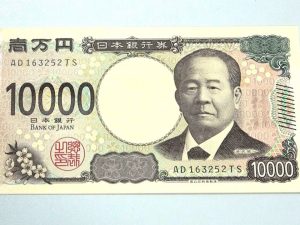
New 10,000 yen bill
For instance, the Nikkei Newspaper published an article early on the 24th:
The article mentions that while “the structural factors for yen depreciation have not been resolved, and the view that the ‘weak yen’ era will be prolonged has not changed,” it also highlights speculative yen buybacks by hedge funds due to the narrowing Japan-U.S. interest rate differential, and changes in individual forex margin (FX) trading perspectives.
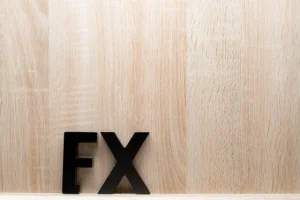
It introduces currency analysts who predict yen appreciation to around 150 yen by year-end.
Please revisit Seren’s contributor Snow White’s piece from June 24th:
Will the trend of a weaker yen continue? Be wary of a possible turning point in July (Clic)
Snow White noted that while “it is true that the yen is a weak currency,” the market is always influenced by “new materials,” suggesting that shifts in Japan-U.S. monetary policies could alter the dollar-yen flow.
Though there was a slight delay, this prediction largely came true.
Additionally, Snow White questioned the Nikkei’s assertion that “it is an environment where hedge funds and others can easily engage in yen carry trades using the interest rate differential as a source of profit.”
Would top-level investment professionals be evaluated for engaging in trades that anyone could perform?
The latest Nikkei article discusses “speculative yen buybacks themed around the narrowing Japan-U.S. interest rate differential.”
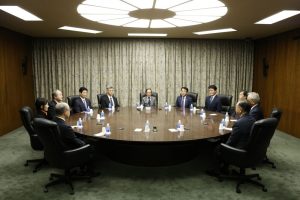
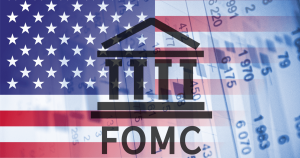
If hedge funds were truly using the interest rate differential for yen carry trades, wouldn’t the buybacks be simple profit-taking or loss-cutting?
Crucial Bank of Japan decision meetings and the FOMC are scheduled for next week.
The Bank of Japan’s announcements (as usual) might disappoint market expectations.
Additionally, the expected Federal Reserve rate cut is not predicted for this meeting but for the September meeting, meaning significant announcements may not come until then.
So why would hedge funds act now? They don’t make massive investments without confidence in the logic and calculated probabilities.
Where are the Nikkei reporters getting their information from?
Hedge funds wouldn’t casually disclose their investment decisions, which are corporate secrets, to financial institutions or media that aren’t even their clients.
This is common sense.
